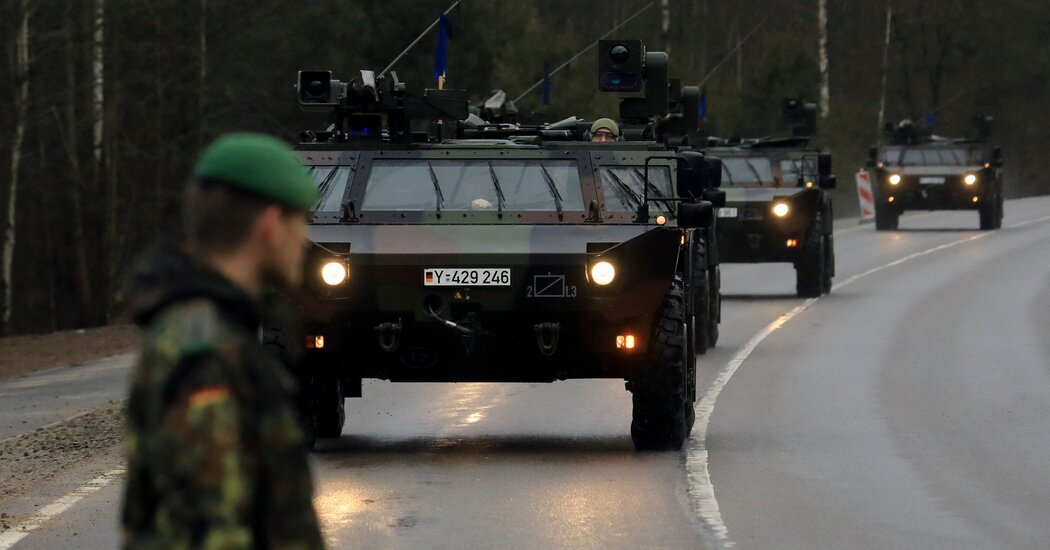They recognize that ESG investing has become a big deal in the United States and, even more so, in Europe. And they say stocks identified as ESG or green — those of companies with relatively low carbon emissions — trade at a premium. They were unavailable for an interview, but in a series of research notes and in a customer conference call since Feb. 1, they noted that with the rise of the ESG movement, military contractors have fallen out of favor with many investors, particularly in the US. Europe.
They would like to change that, in part through a technical measure: by labeling military contractors ESG compliant in the European Union’s so-called taxonomy regulations, which aim to be a “gold standard” in guiding private and public investors. Those regulations are already the subject of heated debate over a decision to label some nuclear and natural gas plants as ‘transitional’ green investments.
A boon for military stocks
Weapons companies will be included as acceptable socially responsible investments if the tide continues to turn, the analysts say. In a March 2 note, they said the Russian attack on Ukraine has accelerated geopolitical shifts that are making military spending more popular among NATO countries, both among the masses and among the government elites. The conflict in Eastern Europe is leading to increases in NATO countries’ military spending, which bodes well for military contractors and their supplies, they say.
Germany, France, Britain and other countries are likely to surpass the long-delayed target of spending at least 2 percent of their gross domestic product on the military, the analyst added, creating great opportunities for military contractors.
The Russian invasion has already led to a sharp rise in the shares of military stocks. The Fidelity Select Defense & Aerospace Portfolio, which tracks the sector, rose 8.1 percent from February 24, the date of the invasion, through Thursday, compared with a 3.3 percent gain for the S&P 500 stock index, including dividends. The German DAX index fell 6.4 percent in the same period.
The Fidelity fund includes Boeing, Northrop Grumman, Raytheon Technologies, Airbus and Lockheed Martin, among others.
The analysts said that without strong military forces, “rising tensions, particularly in Eastern Europe, are likely to remind investors that secure and free societies cannot be taken for granted. We believe that defense will likely be increasingly seen as a necessity that facilitates ESG as a business while preserving peace, stability and other social goods.”

